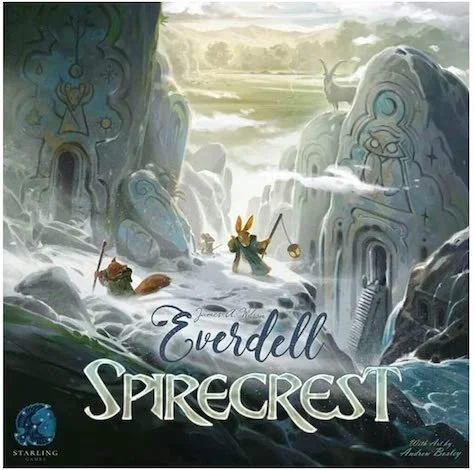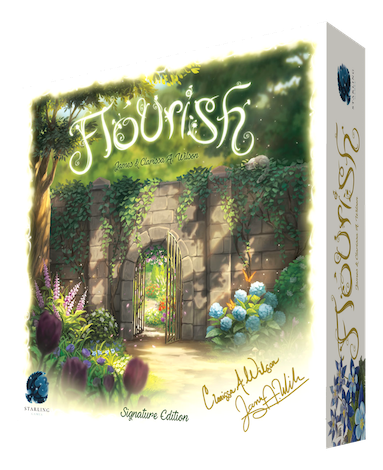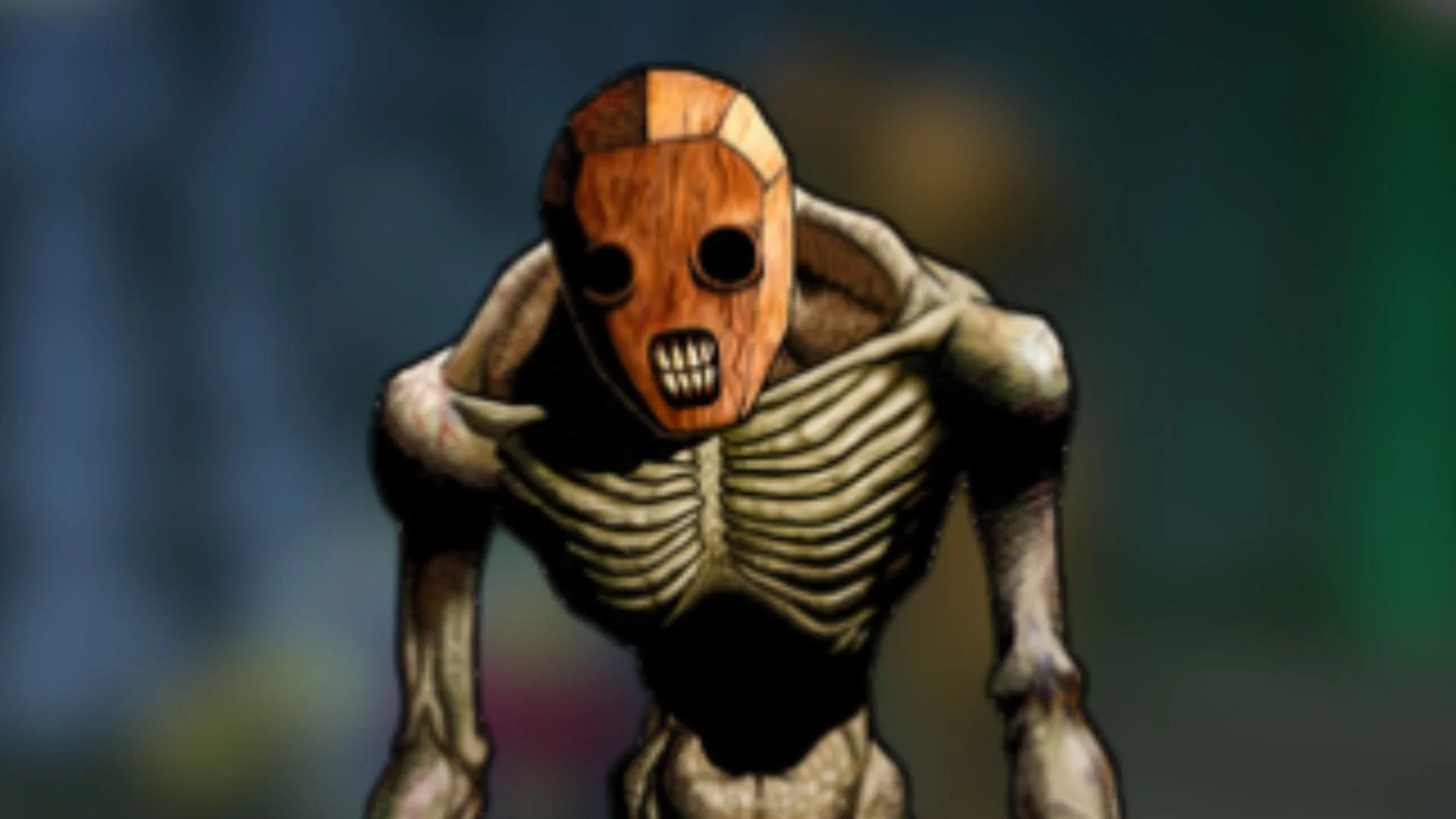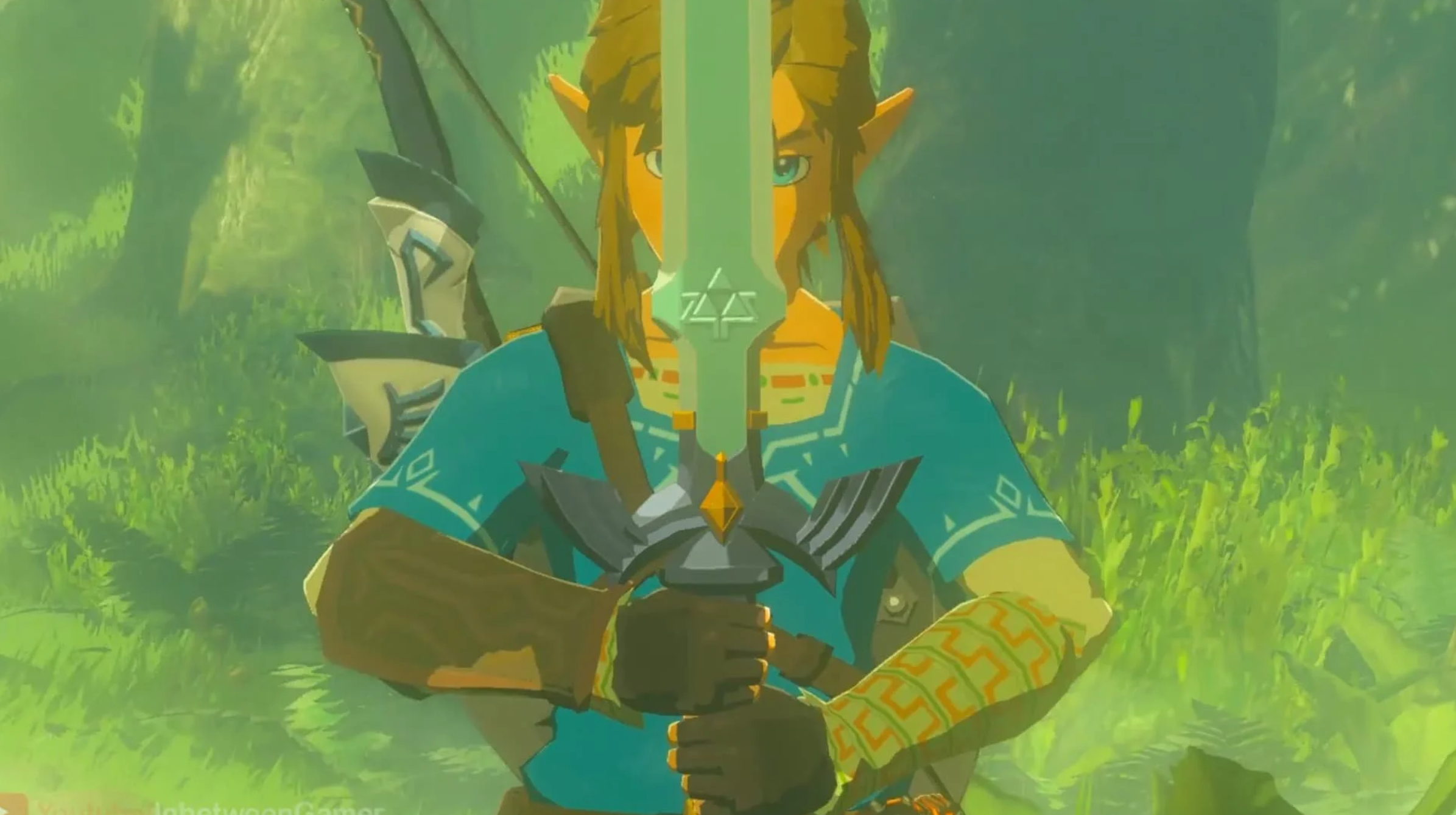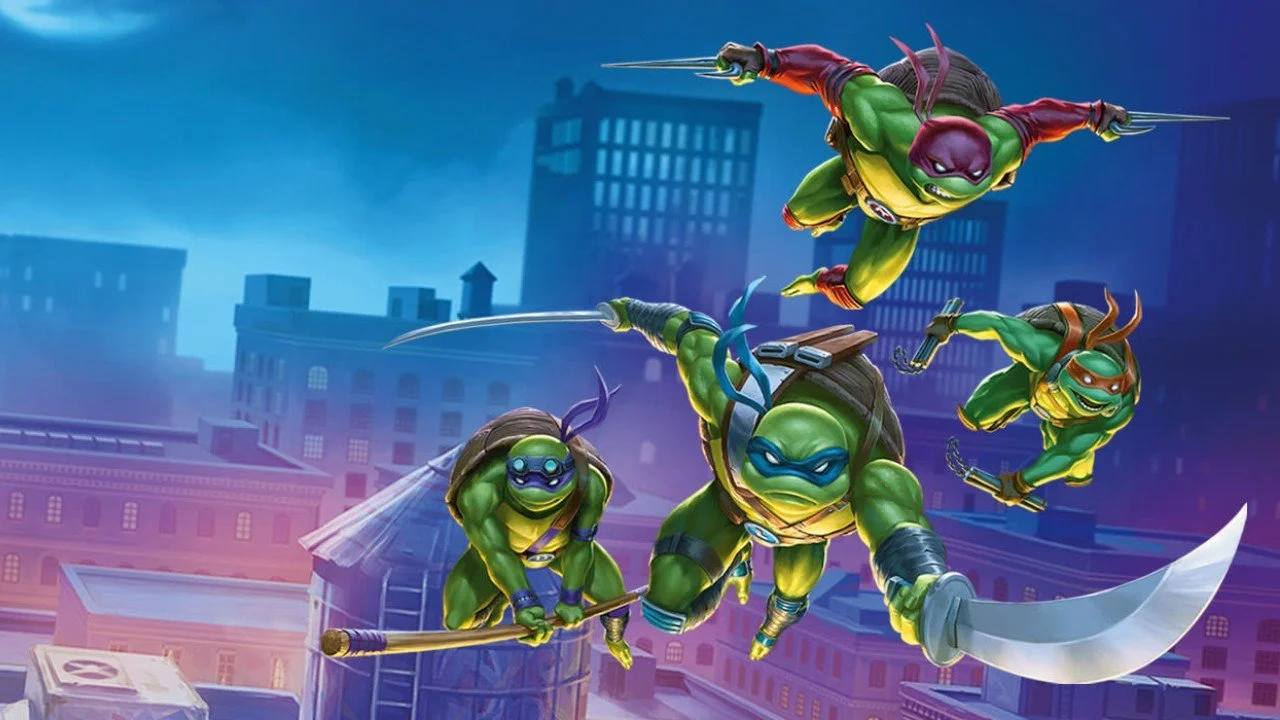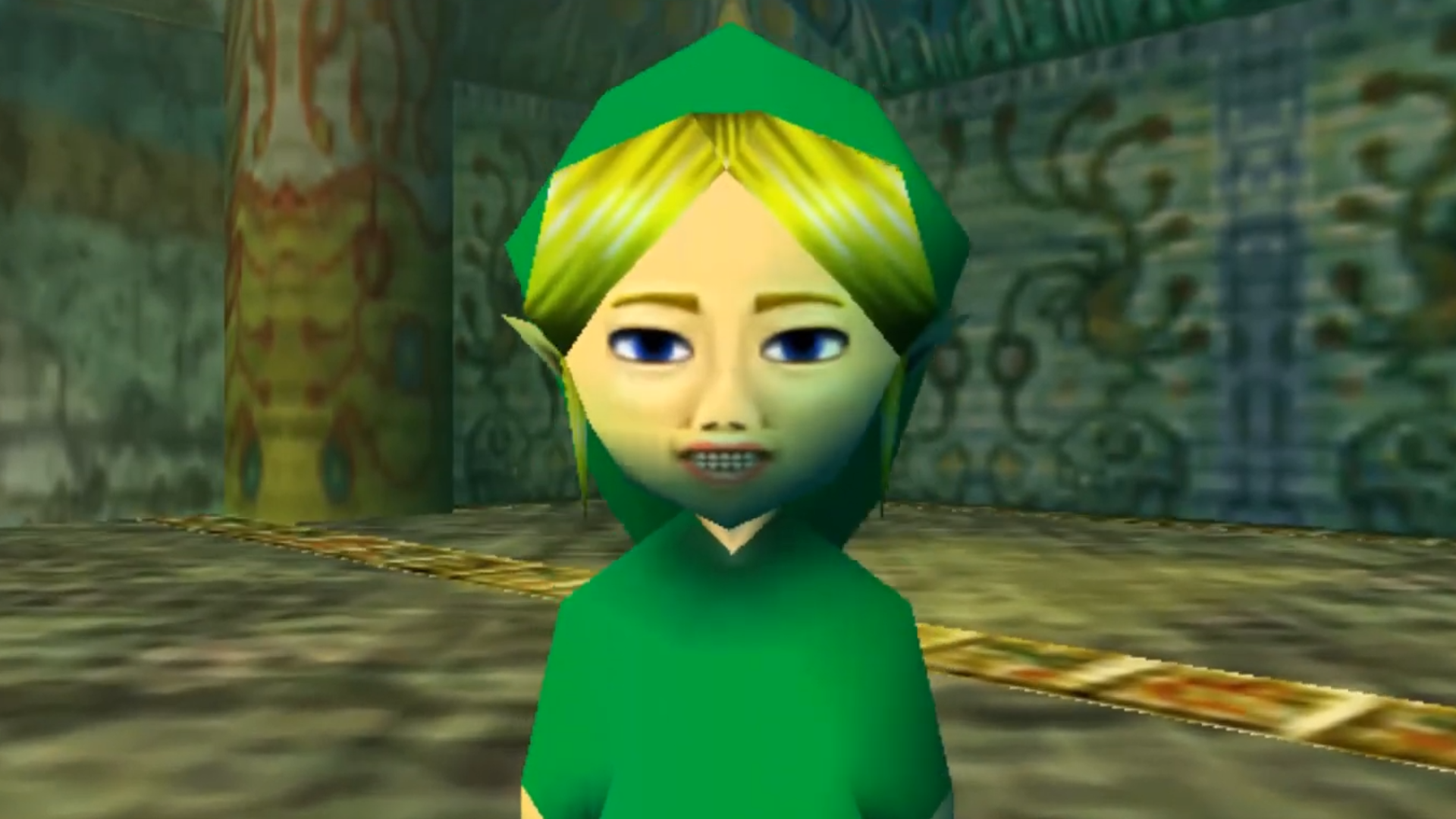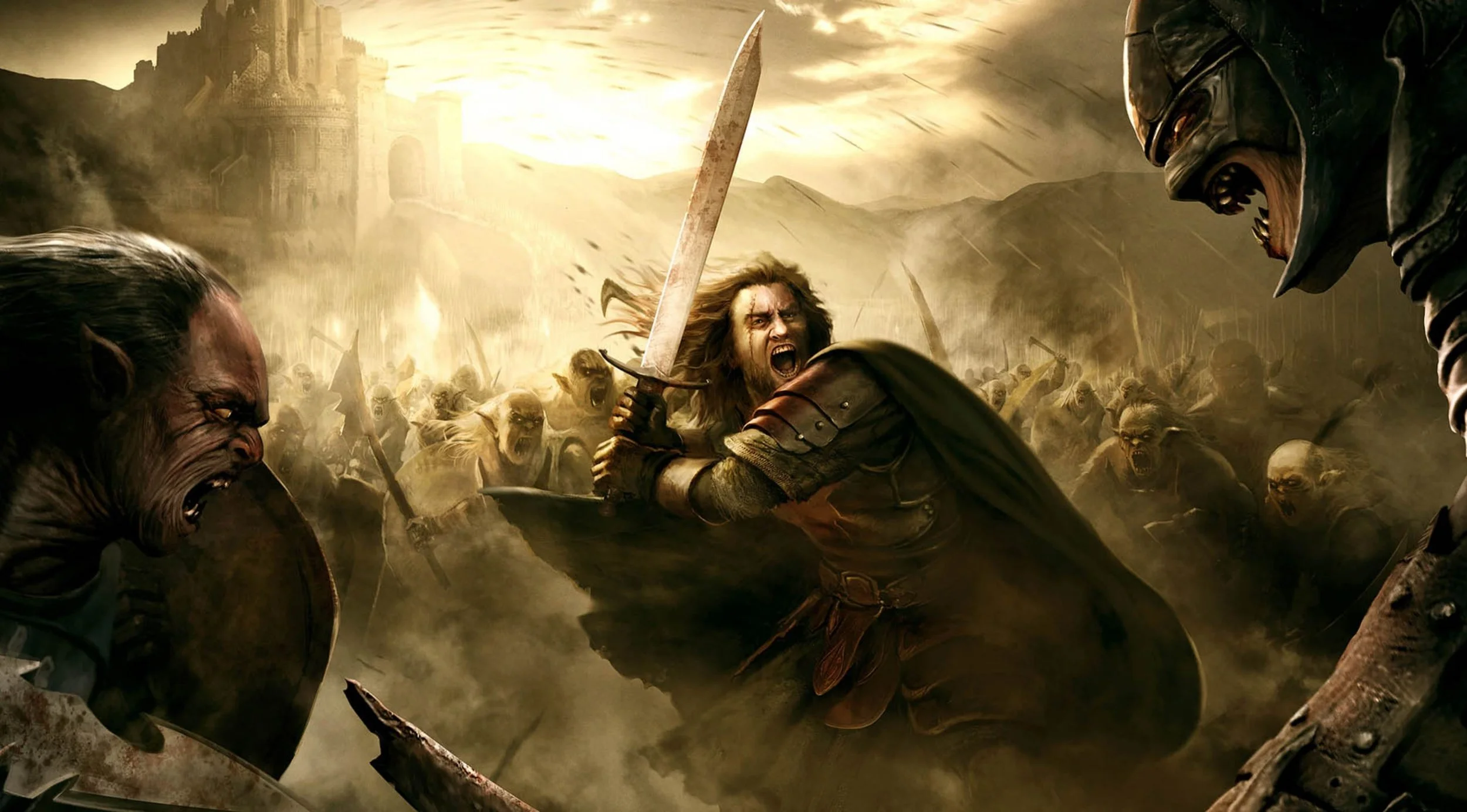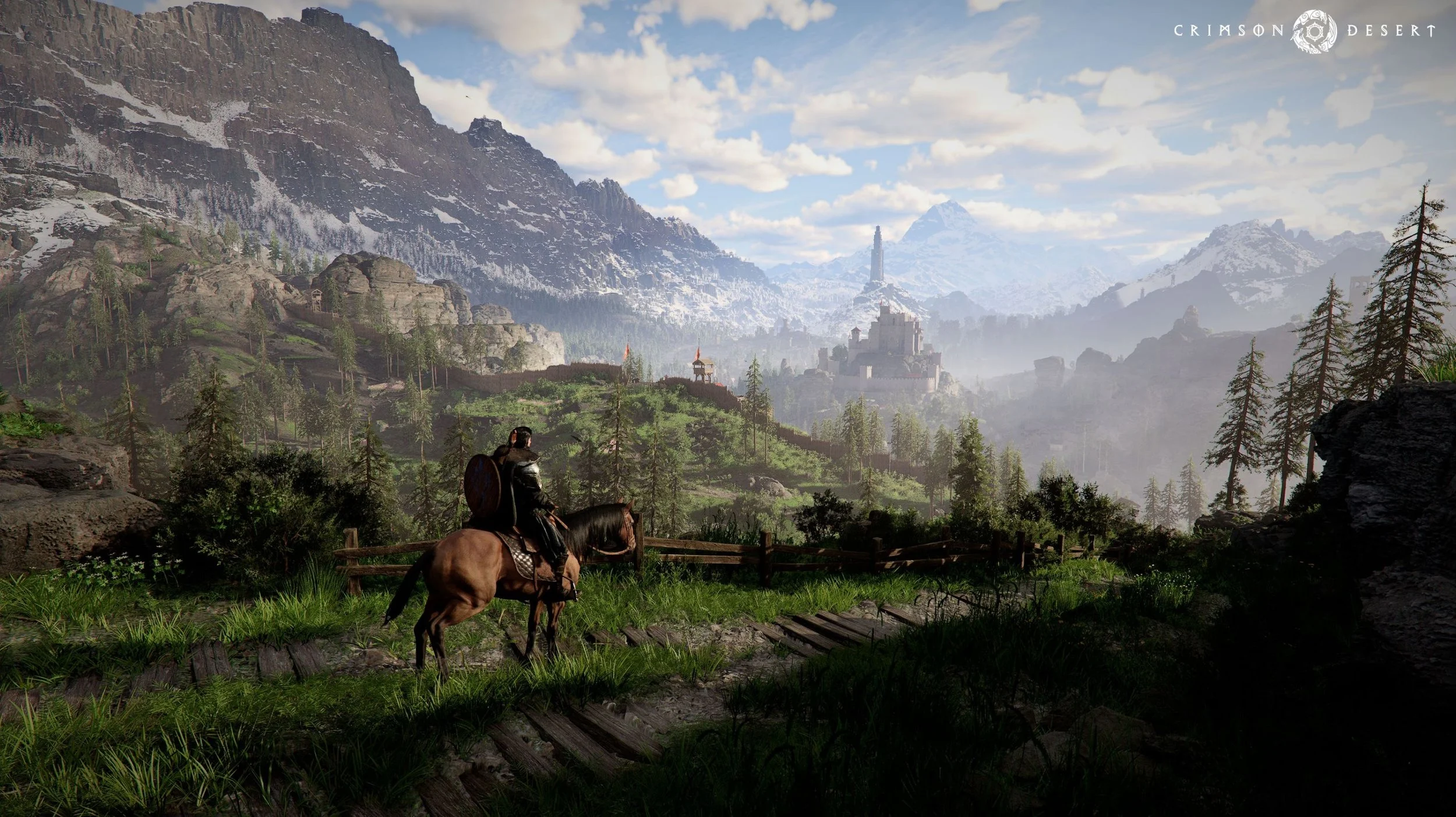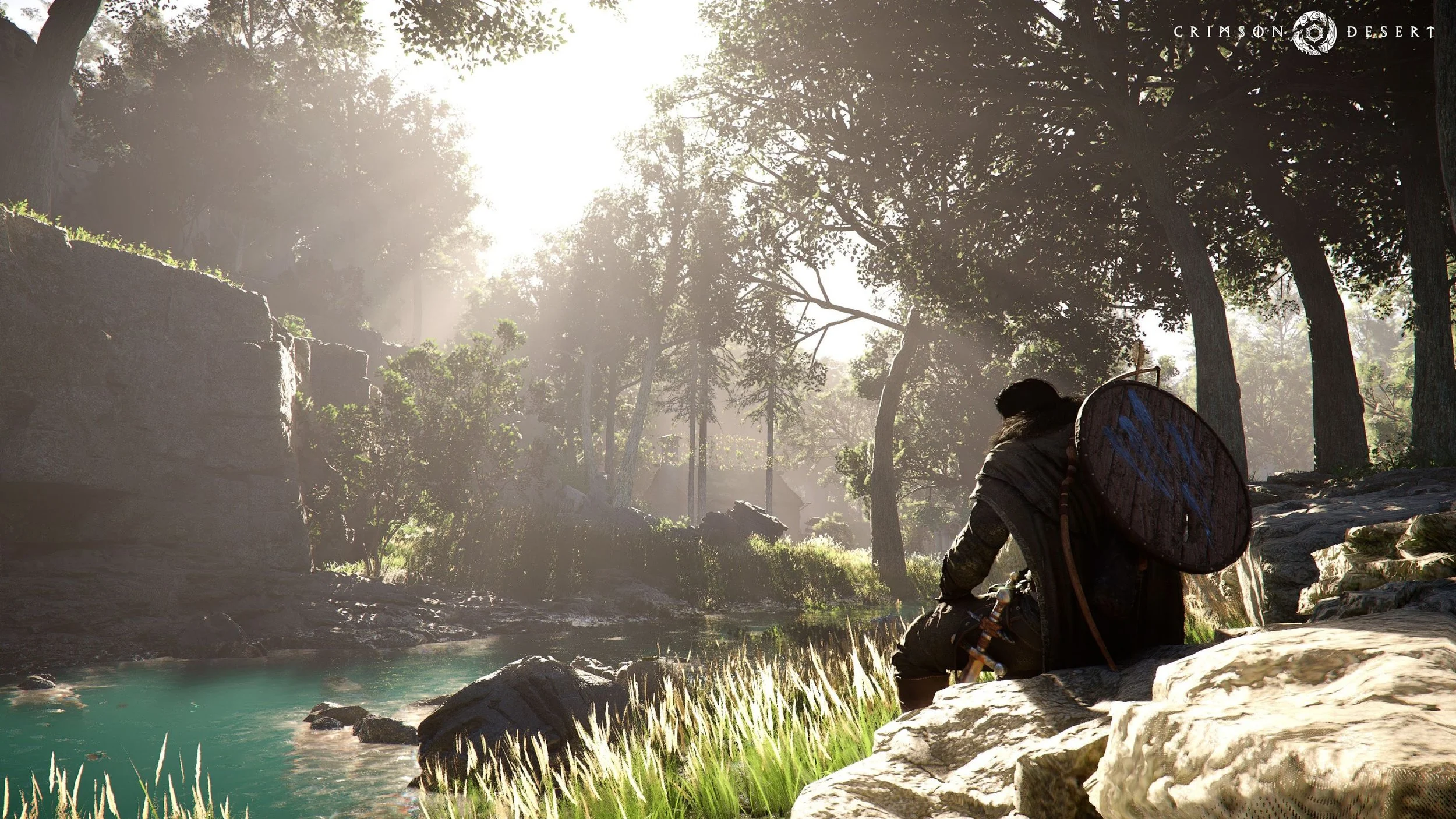Worker-placement games are a dime a dozen, but Everdell is a magical little game from James A. Wilson that brings tableau-building and the allure of the forest to the tabletop.
The 2018 release from Starling Games has seen several expansions make their way into the gaming ether, and it’s remained a popular family board game, for good reasons.
I’ve reviewed other Starling Games adventures like Black Orchestra and A War of Whispers in the past, and the publisher remains one of my favorites for consistently providing compelling tabletop experiences with engaging themes. If it’s not attempting a coup to end the Nazi regime or manipulating the empires of an embattled land, then it’s creating a woodland city of critters and constructions that will transform the forest.
Worker-placement games like Lords of Waterdeep or Viticulture might seem more intimidating to introduce to younger players. Everdell, though, lays on the charm and wins over its audience with adorable creatures, beautiful scenery, and accessible gameplay that will persuade both avid gamers and those brave souls venturing into the world of board games for the first time.
It’s artsy. It’s pretty. It’s easy to learn. And it’s got a lot of heart. Let’s check out Everdell and see what makes it such a memorable experience.
STORY
Let’s start with a poem:
Everdell
Wandering the woods
Gathering the stones
Wearing in the path
That leads to our home
Laying down the floors
Raising up the walls
Working through the days
Winter through to fall
And we’ll play down
Where the grass is thick
From the driver drink
See stars come out to meet us
When all I need to do
Is be near to you
In the evening breeze
By the Ever Tree
Farmer in the field
Miner in the mud
King up in his castle
With berry blue blood
Schoolhouse in a tree
Chapel in a stream
We are side by side
Building up our dream
And we’ll lay down
Where the grass is thick
From the river drink
See stars come out to meet us
When all I need to do
Is be here with you
‘Neath the changing leaves
Of the Ever Tree
After a charming background of the Everdell world, that’s how the rulebook of the game starts and it sets a tone for a seasonal journey where the forest grows and changes as the players progress through spring, summer, fall, and winter.
There are woodland cities to build, replete with curious critters and natural architecture. Players embark on a path of creation and community.
GAMEPLAY
That poem is important, not just for the world-building, but also for the mood of Everdell. This is a worker-placement game like Lords of Waterdeep but it doesn’t feature the aggression synonymous with slapping a mandatory quest on another player or stealing adventurers to complete a quest. It’s a tableau-building game like 7 Wonders, but it doesn’t feature the shared pool of cards that restrict gameplay decisions to a small number of possibilities.
So, it can be just as interesting as those other well-known games for the board game enthusiasts out there, but the tranquil pace and amicable interactions between players mean that young players and newcomers alike can feel welcome. Everdell is a place for all. And that makes it something that will lure in tabletop gamers and keep them captive in the bewitching woods.
It’s a simple game. There are only three possible actions every player turn—placing a worker, playing a card, or preparing for the next season. And after four seasons, the game is over and the players tally victory points to determine the winner.
There are locations limited to one player, locations available to multiple players, events, and player areas designed for the placement of cards and the building of cities. Players will place the worker on any available spot on the board or in an open spot in a player’s area. Playing a card means adding to the player area by paying the resource cost listed—cards either come from your hand or from the central Meadow. And then if all workers have been placed and no more cards can be played, preparing for the next season will return all workers, introduce new workers, and initiate a seasonal activity that produces some benefit.
Each turn, players might be doing something different, but all actions move the game along toward the end of the final season.
The goal is to accrue the highest total of victory points, and that’s done with cards. Cards in your hand and in the Meadow present opportunities to create an interconnected ecosystem of woodland animals and locations that will produce resources, seasonal activities, and victory points. Deploying the right cards (i.e., building the right tableau) is essential in crafting a city that will work together. Synergy is important. Playing cards that will enable you to play other cards. It’s the (ahem) nature of the game.
Everdell is an immensely simple game. But it’s got depth. It marries the accessibility of a family-friendly game with the variability of a medium-weight strategy game. That’s probably why it’s ranked as one of the top two family games on BGG as well as one of the top 50 games overall.
A player can build a university, a courthouse, and a farm with all the necessary resources just because they want… or they can build a farm to freely place a husband or wife before adding the other later, chaining three moves together into one connected play.
Little nuances like that empower the game with moments of discovery and strategy as players navigate the worker-placement adventure and develop their own experience with the mechanics. There are different layers of Everdell that players will explore. A teenager might engage with a cursory understanding of the rules while an older player might weigh the advantages and disadvantages of a game-long strategy that involves particular critters, constructions, and rhythm of play.
It is what you make of it.
And you can finish a game in roughly an hour, which means that there is always the chance to play again, but there is rarely the chance to outstay your welcome. It plays fast. It plays smooth(ly). And it’s a delight.
VISUALS
How can you not love this game? Before PARKS mesmerized us with the U.S. National Parks and before Wingspan arrived with the panorama of avian wonder, Everdell was here, quietly reflecting the beauty of the outdoors.
Crisp greens, warm browns, soft blues, and other earthy tones are reflected in the game components and the art style of the game.
And the Ever Tree? Every time you play this game to get to build a huge tree where meeple and other game components rest for all to see at the table. It’s substantial and it rests its boughs over the game board like a wise and kindly grandparent, waiting for the little children to finish playing their game.
The seasons are something to celebrate in Everdell and the illustration from Andrew Bosley, as well as the art direction and graphic design from Dann May, all combine into a very lovely game.
REPLAYABILITY
Each playthrough can be approached with a different strategy. Recruit different critters. Build different constructions. Everdell is a game that I can envision bringing to the table many times over the years without ever becoming dull.
Also, rules for a solo mode mean that gamers will be able to play on their own when friends and family are unavailable. Pandemics are a thing now, apparently, so that’s also a useful variant in a board game.
And Starling Games has multiple expansions available for the game that expand the existing content and continue the adventure from the base game.
All of that is a thumbs-up from me. There’s much to do in Everdell and it’s worth doing more than once.
WHAT IT COULD HAVE DONE BETTER
I’m not a huge fan of the mechanic where players can progress to later seasons before the rest of the table. It allows for the possibility that the game might end for players at somewhat different times. Especially for players of different skill levels.
It’s not a big deal, but I would rather have three small wait times between seasons as players catch up rather than one potentially longer pause at the end.
Even though I wish that were the case, mechanically it works well in Everdell and I’m not sure my revision would positively affect the game, so it’s hard to criticize the implementation of that seasonal progression.
But it’s awkward sometimes.
VERDICT
Everdell is a gentle stroll when other games are a mad dash. It thoughtfully pauses when other games rush on. And it’s a magical little world that just about any gamer will enjoy.
If the Ever Tree doesn’t convince you, maybe the journey will.
I value games that are both accessible and rewarding, and this is one of those. Don’t pass it by.








